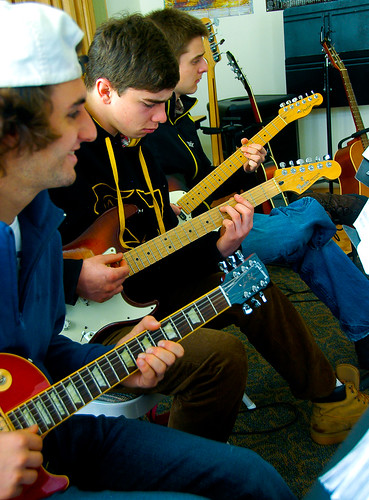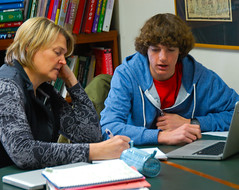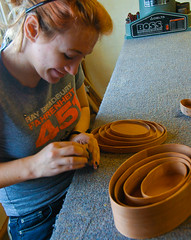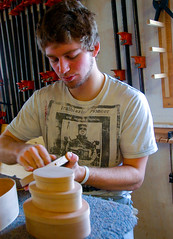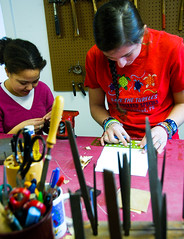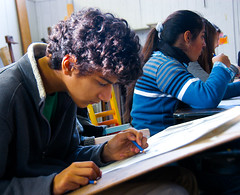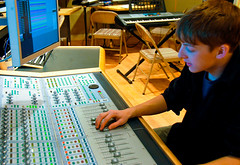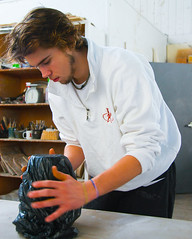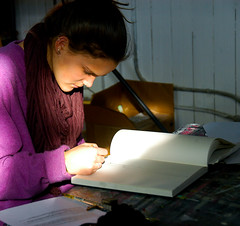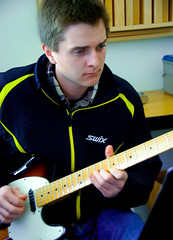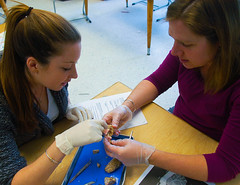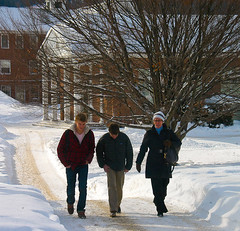Technology has changed the admission business. Until recently, a family considering boarding schools would call a bunch of schools--based on whatever knowledge or criteria--and ask for a brochure and other materials. They'd pour over colorful catalogues filled with photos of students smiling while working, and schedule visits to those they liked. If the applicant had a burning passion, such as jazz saxophone or ski jumping, perhaps an educational consultant could research appropriate schools.
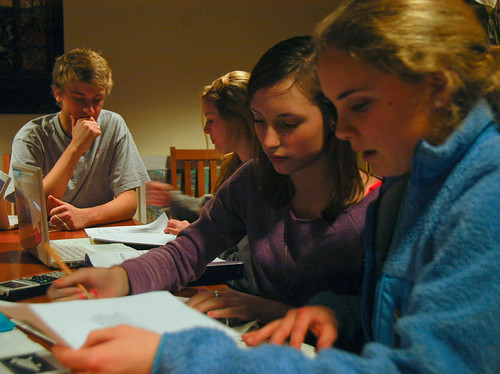
Today, a student can conduct a school search on the Web in which she identifies favored criteria that instantly produces a list of appropriate schools, as well as links to school websites. Traditional requests for admission brochures are not rising as fast as is interest in the school.
Almost all college preparatory schools offer classic curricula enhanced by stimulating electives. Small classes, dynamic teaching methodologies and academic rigor are requirements just to be in the game. Facing this reality, many small rural schools struggled to differentiate by offering powerhouse athletic programs--often in one or two sports--and willingly accepted applicants who were not admitted to academically elite schools. Forty years ago, Proctor moved in a new direction, formalizing academic support services and adopting a social tone or ethos that was respectful, but distinctly informal.
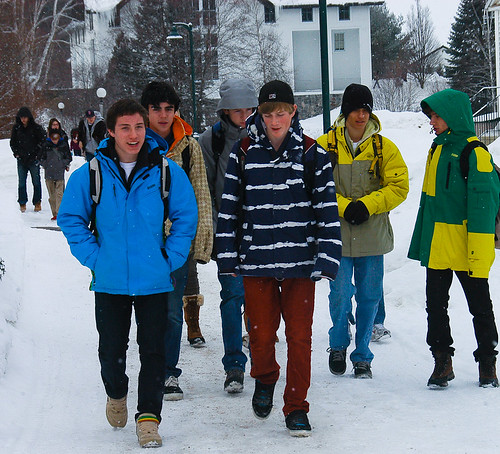
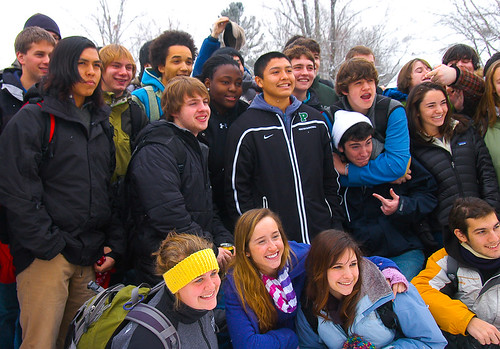
Proctor's differentiation did not end there. Experiential programs--some off campus, some on--raised awareness among all teachers of the superiority of learning-by-doing. The school chose to expand the size of the teaching faculty, bringing a highly diverse set of talents that spawned new, programs: forestry, jazz/rock, recording, environmental programs, kayaking, rock-climbing, mountain biking, voice and chorus, dance, theater, to name a few.
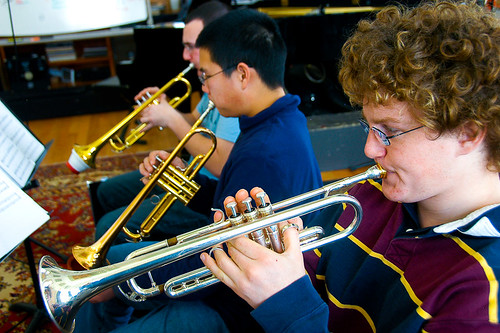
Last winter, a visiting educational consultant remarked, "You seem to be offering 350 students a curriculum design for 3,500," and it is true that each individual has the ability to design a customized Proctor experience. This bodes very well for the school in an era when Web-based search engines enable a highly capable kid (who lives anywhere) the ability to enter program preferences and find Proctor.
A year ago, Mackin--a kid from Durham, NC with an extraordinary gift for the arts--was studying at a fine southern New England prep school. His distribution requirements largely satisfied (he had completed U.S. history, biology, chemistry, etc.,) he transferred to Proctor to concentrate on his passion.
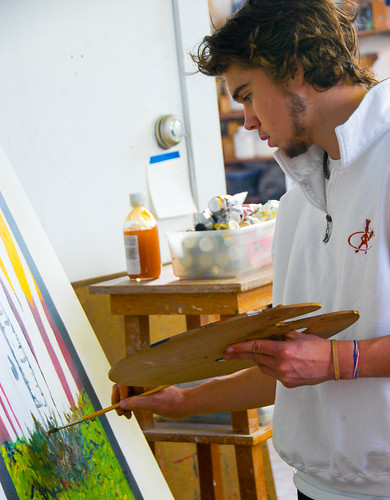
In similar fashion, Nat found Proctor because of the offerings in the Bill Wightman's recording studio and jazz/rock programs.
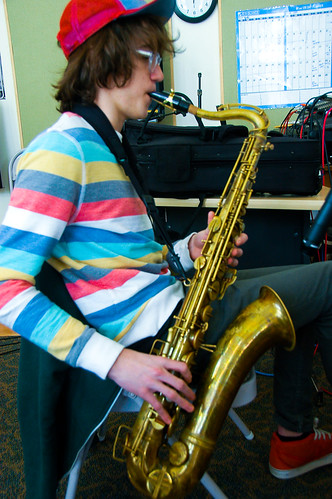
Admission Director Chris Bartlett just returned from a trip to China and Vietnam, where he met students who cited specific programs--Ocean Classroom, environmental studies, music, etc.--that make Proctor their first choice. They've been on the Web!
